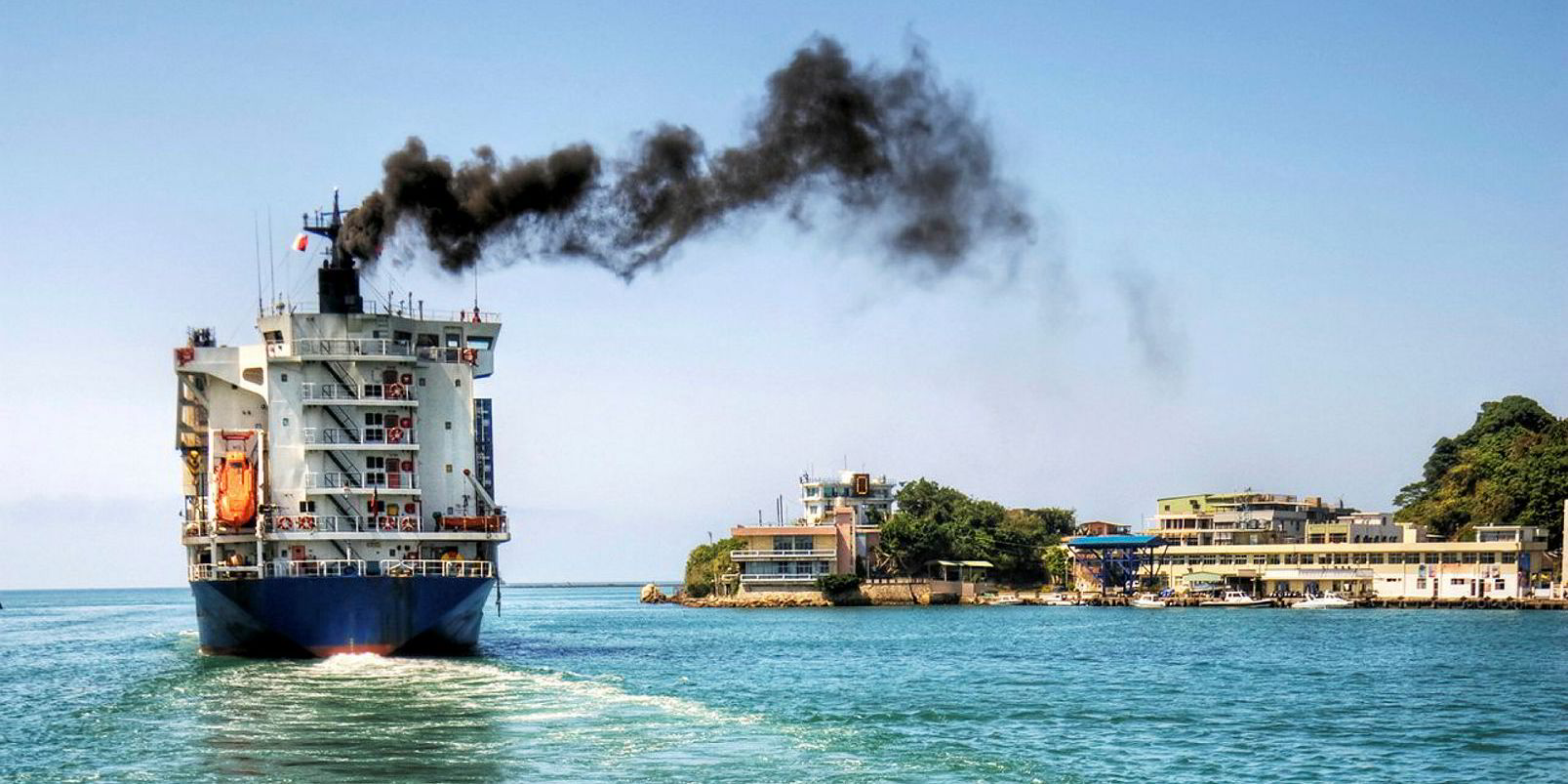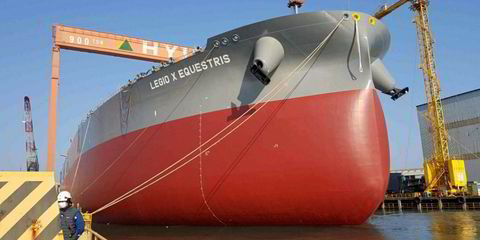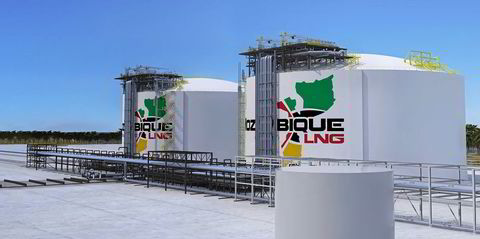Insurance broker Marsh has suggested cutting insurance premiums could help ship-operating companies find the cash to meet upcoming IMO 2020 regulations.
The US company estimates that switching from fuel with a 3.5% sulphur content to that with 0.5% sulphur is likely to add about $2.78bn per year to the bunkers bill of an average vessel-operating company.
The cost of fitting scrubbers to meet the regulations is also likely to be an expensive exercise for owners, said Bradley Saunders of Marsh’s business development and risk analytics department.
“The cost of fitting said scrubbers and having to purchase expensive fuels will become very costly very quickly,” Saunders said.
He believes insurance premiums are potentially one area owners could cut costs to help pay for the additional operational funds.
'Optimal balance'
Saunders said the key to the savings is to find an optimal balance between the company’s own retained risk and insurance premium spend.
“It will be critical to understand and quantify the risk volatility of the various marine risks for which insurance is purchased; including marine cargo, marine hull, protection and indemnity, and other liability insurances,” he said.
“Although unlikely to fully fund all the costs of the necessary sulphur regulatory changes, such an exercise could lead to lower premium insurance spend and unlock funds that may go some way to assisting those who own, operate, or charter commercial vessels.”
However, others point out that with hull and cargo rates already at rock bottom and soft P&I premiums continuing for another year at least, the scope for savings may be limited.
Passing on higher fuel bills to shippers is likely to be a more fruitful way for operators to recover the extra 2020 costs, they suggest.




